I don’t know where I learned to feel so guilty. I feel guilty about enjoying myself. About choosing mindless entertainment over reading something edifying. About working part-time instead of full-time. About not working out every day or spending more time volunteering. I feel guilty about at least one ingredient in my food nearly every single meal. I even feel guilty about writing. Am I doing it for the right reasons? Is it “right” for me to spend so much time on this?
During the new year, I looked back on 2023 with so much guilt and shame as I thought about all the things I didn’t accomplish and all the time I “wasted.”
There are things I want to change in my life. I want to do better. But shame isn’t a strong motivator. Rather than moving me to action, it paralyzes me and tells me I’ll never be perfect.
One way I’ve tried to balance this guilt is by focusing on my circle of influence. I try to orient my time and energy towards things I can affect.
Overwhelm, Acts of Hope, and Localizing Our Influence
Love–as a physical act of compassion–can only be effectively demonstrated specifically and in proximity.
Keep readingOne thing I’ve noticed since 2020, however—in fact, it may have started the moment I graduated college—is that I tend to numb out to new information that makes me feel guilty. As a student, I soaked in new, shocking information with passion. I still believed, then, that I could change things. At some point, though, I graduated from curious student to avoidant adult. I learned enough in college. Don’t tell me something different or new or challenging that makes me feel bad.
In The Science of Storytelling, which I have quoted way too much, Will Storr explains how we construct safety walls around ourselves that are made up of our beliefs and convictions. When new information threatens that—when, for instance, someone argues that our preferred breakfast isn’t actually the healthiest start to our day—we don’t let that past the wall. It falls in the moat of willful ignorance.
This explains a lot about my willingness to hand wave anything that troubles me. I already have too much guilt! Don’t make it worse. Please.
There are other ways to build walls, and I’m particularly good at numbing.
I’ve written a lot about the importance of postponing worry. In therapy, I learned that I don’t have to have a reel of subconscious worry spinning in my mind all day. I can focus on the present knowing that I will address that worry later when I’m more able to face and process it.
But, more and more, I’ve gotten great at postponing those thoughts indefinitely.
I find myself stuck between trying to numb this guilt and still feeling incredibly guilty about not changing. It’s this cognitive dissonance that keeps troubling me again and again.
How do I find balance? I’m still figuring it out. But I do think at least a few things are important: gratitude, humility, and intentionality.
Gratitude, humility, and intentionality
In The Liturgy of the Ordinary: Sacred Practices for Everyday Life, Tish Warren describes making a soup for her family that came from mostly canned ingredients. Knowing that she could make better choices in ingredients or in connecting with local farmers, she still says a prayer of gratitude over her leftovers. She connects this to the idea of sacrament and Eucharist, which “transforms each humble meal into a moment to recall that we receive all of life, from soup to salvation, by grace.”
If I wait to be grateful until I am having a meal that I find perfectly just and guilt-free, I won’t be in the habit of gratitude. I must be thankful today for what I have. Warren adds:
Word and sacrament—Scripture and Eucharist—transform my midweek leftovers. They transform me from a mindless consumer into someone capable of Eucharistic interdependence and gratitude. They teach me to receive these leftovers—and all of life—as a gift…And yet they also serve as a judgement on my meal, a call to repentance for the systems of scarcity and injustice that I perpetuate in my average day.
This is where humility comes in. In my gratitude, I acknowledge that all gifts have a giver, and that means that I am not the sustainer of my own life. This humility allows me to see where I, as a recipient of grace, can extend that grace to others.
Humility is different from guilt. Guilt is self-focused. I get a sick feeling in my gut because I feel I’ve done something wrong. Or I feel a general sense of shame that tells me I myself am insufficient.
Humility is other-focused. As C. S. Lewis wrote, a humble person “will not be thinking about himself at all.” I don’t become humble by pointing out my flaws but by seeing God’s perfection, which comes through gratitude.
When I am humbled through gratitude, this allows me to be intentional without guilt.
Warren’s words are difficult. They challenge me to do better. My perfectionistic tendencies make me want to give up before I start because I’ll never be good enough.
This is when I want to numb. Forget I ever learned about the injustice. Take no responsibility. Drop all that information in the moat. Don’t be bothered.
Coincidentally, my students and I are reading through Fahrenheit 451, a book about a numbed society. Bradbury’s made-up future wasn’t one where the government brainwashed society, but where people brainwashed themselves by choosing to avoid controversy and challenges. Montag, the protagonist, finally gets fed up and says, “We need to be really bothered once in a while.”
I’ve seen a lot of messages lately about chasing after what makes you happy. I believe this is important, but when I look at the life of Christ, I become convinced that happiness is not the point. Jesus was really bothered. This “man of sorrows” was perfect, but he wasn’t perfectly happy.
However, Jesus was also focused on God’s calling. He lived presently and locally. There were probably millions of injustices in the world that he wanted to fix. But each day he stepped into the place God called him to.
I don’t think we’re made to carry every injustice on our shoulders or to live in constant shame. But sometimes we need to be bothered, particularly about things within our circle of influence. We need to let down the bridge over our moats and let troubling things past the wall. Not so that we live in constant grief, but so that we can be intentional.
That’s what Warren was demonstrating in her act of gratitude over her leftover soup. She moved from gratitude, to humility, to intentionality.
I am grateful for this food.
I am humbled by God’s gifts and recognize the abundance that can be extended to my neighbor.
I am bothered by the injustices I have partaken in today.
I will be intentional to seek justice where I am.
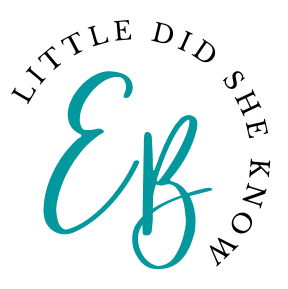







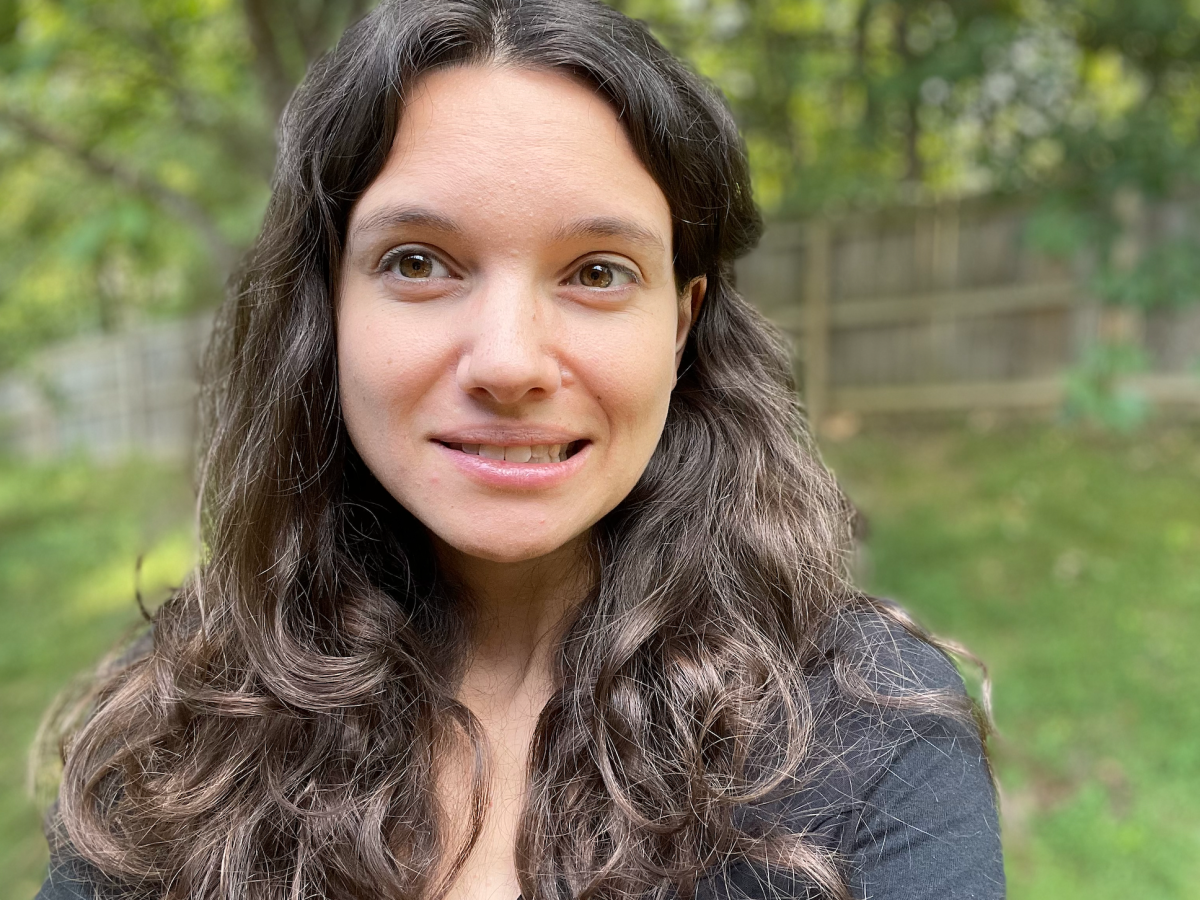

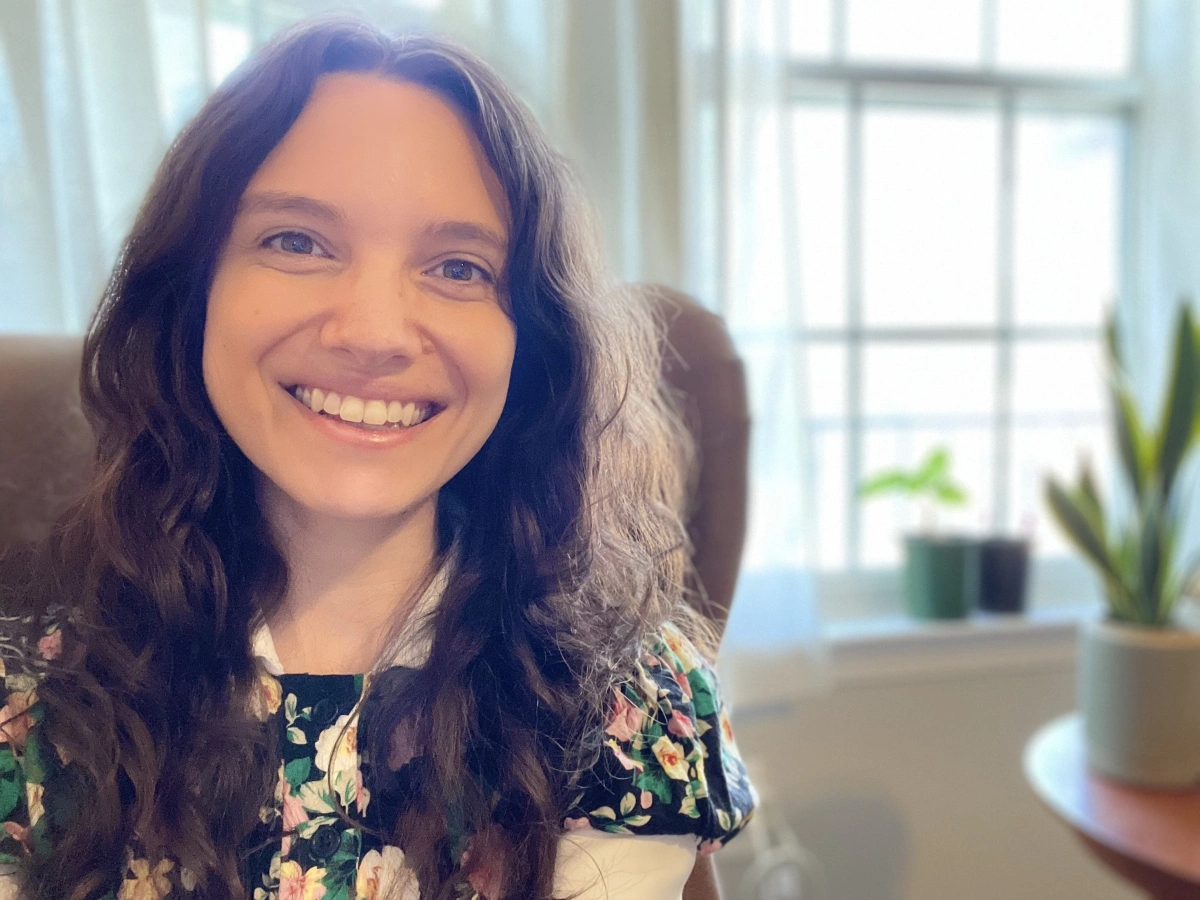
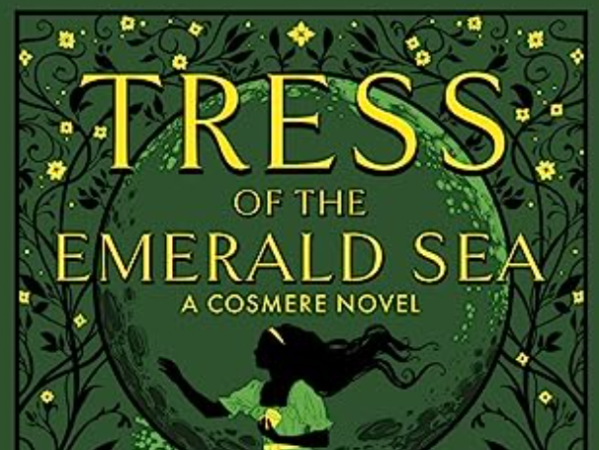


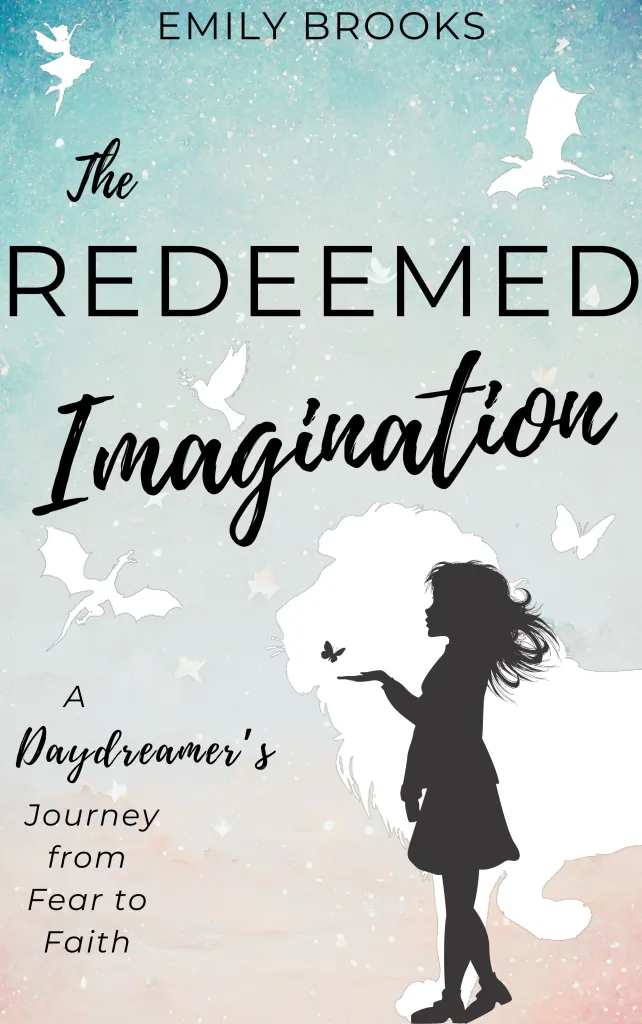
Leave a comment